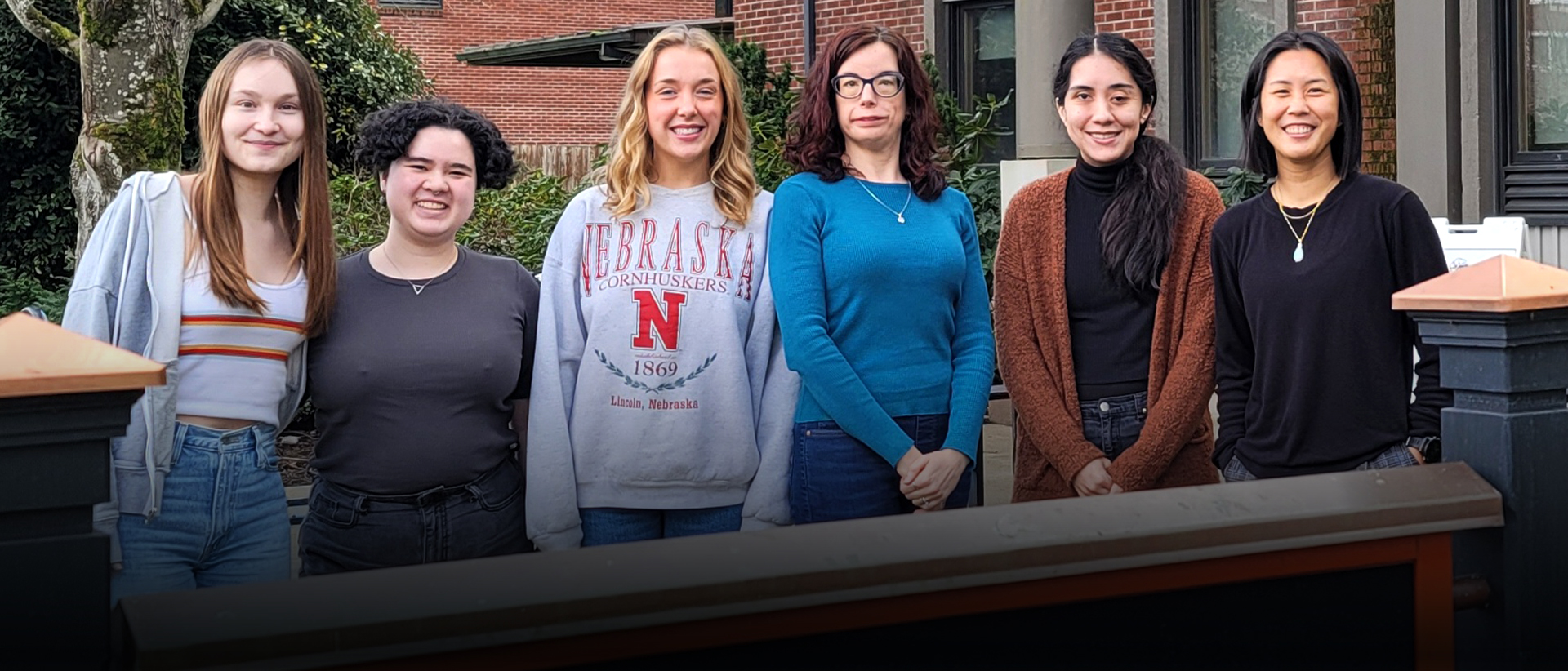
In the Disability and Social Interaction Lab (DSIL), directed by Dr. Kathleen Bogart, we study the forgotten “ism,” ableism, or stereotyping, prejudice, and discrimination towards disability. Nearly 20% of Americans have a disability, making it the largest minority group in the U.S. We examine disability from a social psychological perspective, examining others’ attitudes toward disability and the way people with disabilities manage stigma. Our work extends social psychological theories of intergroup prejudice to examine ableism. For example, does identifying as a person with a disability lead to greater well being? Does a sense of disability pride protect people from ableism?
Much of our work focuses on the psychosocial implications of living with rare disorders or disabilities, such as Bell's palsy and Moebius syndrome. In the U.S., rare disorders are defined as affecting fewer than 200,000 people per year. Although there are more than 7,000 different rare disorders, the 30 million Americans with rare disorders share similar challenges, including insufficient access to information, support, and treatment. Rare disorders can be stigmatizing because people with them are frequently misunderstood, isolated, and blamed. Our lab is working to build social support and resist stigma in the rare disorder community.
Individuals with Moebius Syndrome, a rare condition characterized by facial paralysis and impaired eye movement, find ways beyond the face to express themselves.
The Disability and Social Interaction Lab is researching ways to support to people with rare disorders to reduce the stigma of feeling alone. Based on our work, the lab runs an outreach campaign on Rare Disease Day (the last day in February).